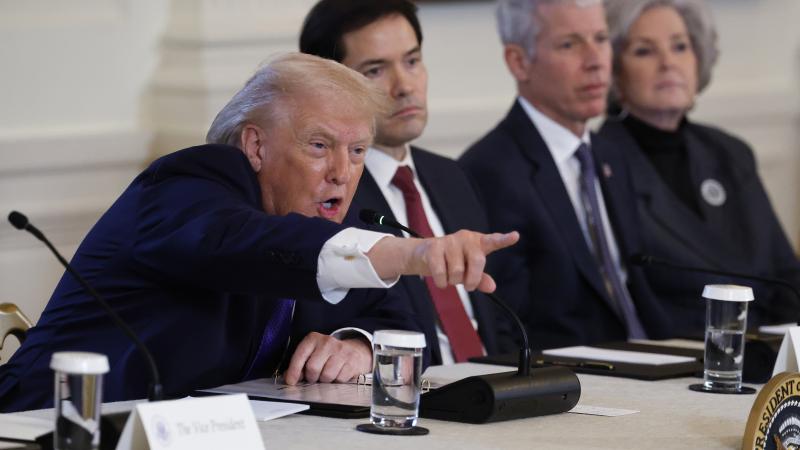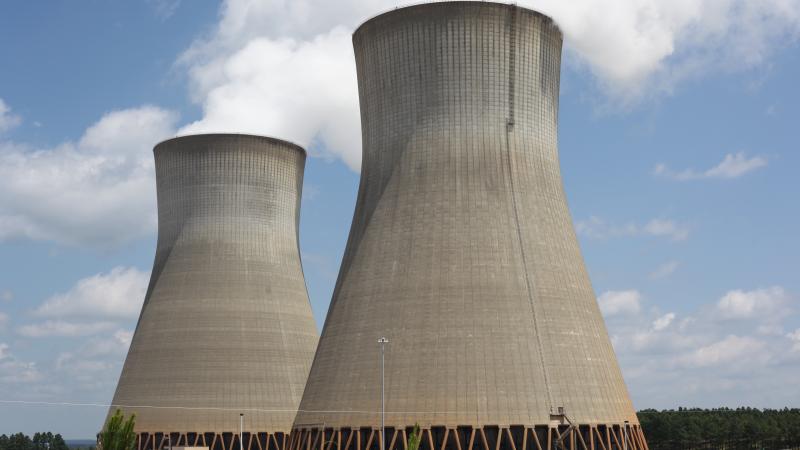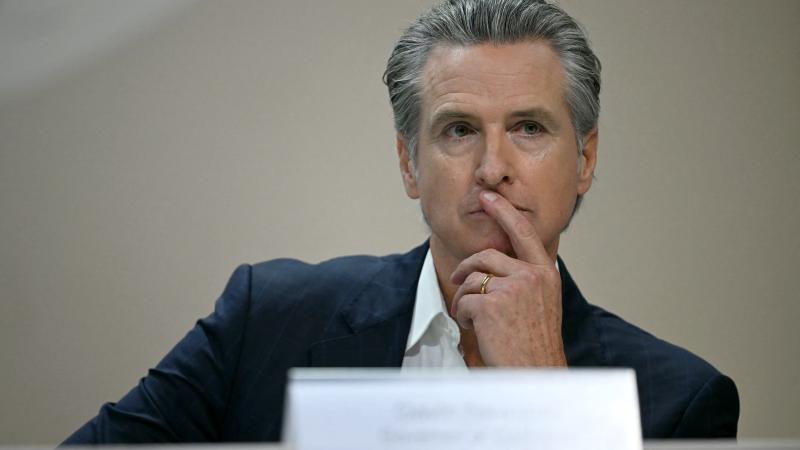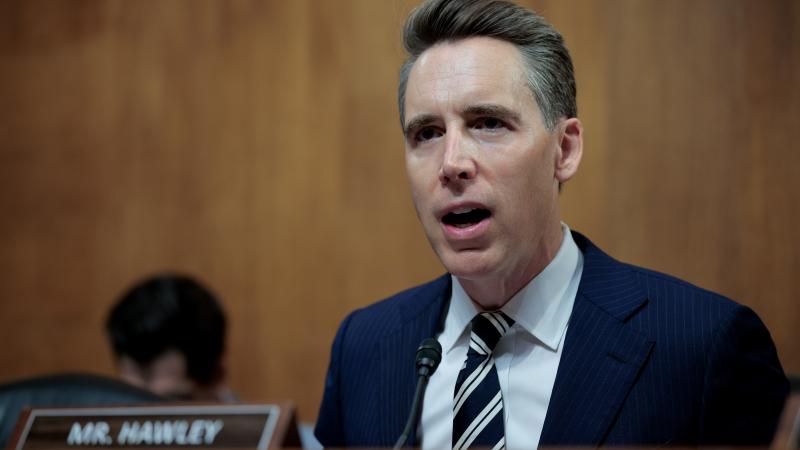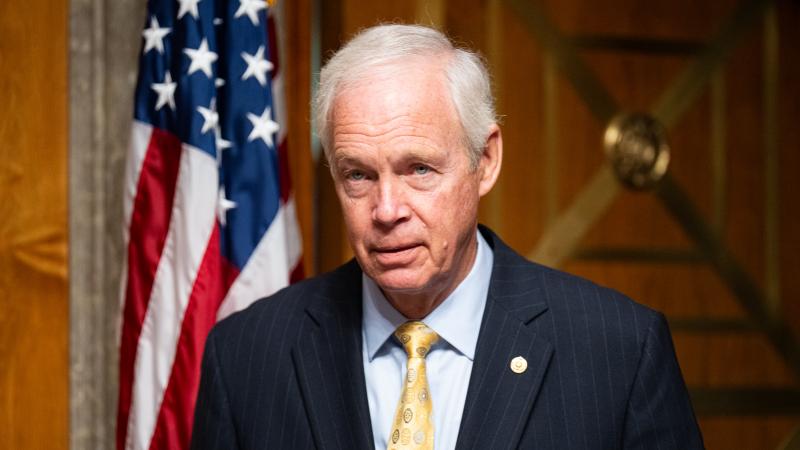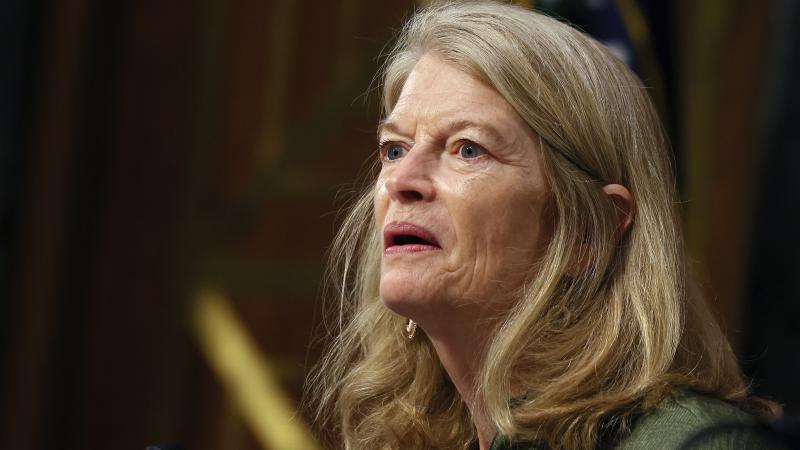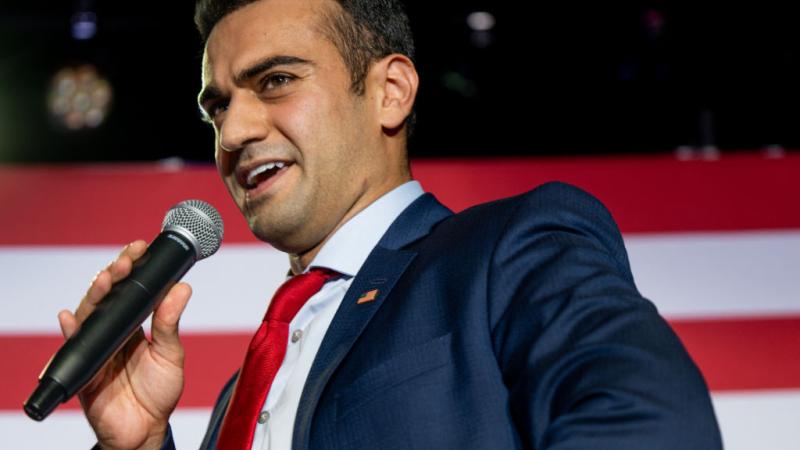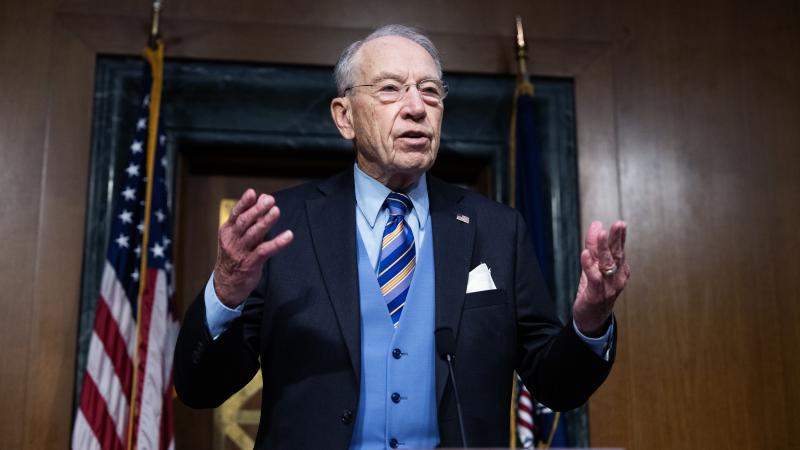Nantucket to developer of Biden-approved offshore wind farm: 'Step up or step out of our community'
The Nantucket Select Board blasted Vineyard Wind for failing to honor an agreement it signed with the community promising to be a good neighbor. It's given the offshore wind developer a list of 15 demands and a deadline to respond.
In 2020, the Town of Nantucket signed a “Good Neighbor Agreement” with Vineyard Wind, the company that’s developing a 62-turbine offshore wind farm south of the island. Among other things, the agreement required that the developer communicate regularly with the island’s governing board.
The island’s government now says the developer has abandoned any commitments it made when it was selling the project to the island, and they’re taking steps to hold it accountable.
Gone into hiding
The Biden-Harris administration approved the project in 2021, touting it as America’s first offshore wind farm. It was to be the first of thousands of towers producing 30 gigawatts of intermittent power by 2030.
In July 2023, a 350-foot blade on one of the Vineyard Wind turbines experienced a catastrophic failure and plunged into the ocean. The company didn’t notify the island for three days after the incident, and by that time, the debris was already littering the beaches of the island, which is part of Massachusetts. It would continue to wash up on the island’s shores for months, harming its vital tourism season.
Residents and the Nantucket Select Board say that the lack of communication over the blade incident is part of a pattern in which the developer has broken every promise it made while promoting the project. The board held a press conference Tuesday announcing they'd had enough.
They sent a letter to the developer listing 15 demands and requiring a response by August 12. If the company meets the demands, members of the board explained at the press conference, Vineyard Wind will come into compliance with its obligations and public commitments.
“Since the immediate aftermath of the blade failure and since the last presidential election, Vineyard Wind’s leadership has essentially gone into hiding. We believe that they are concerned about the change in policy at the federal level, and drawing scrutiny from the new administration, which has ordered a review of offshore wind permitting practices,” Brook Mohr, Nantucket Select Board member, said at the press conference.
Vulnerable to future project failures
Mohr argues Vineyard Wind has failed to meet three fundamental obligations to the Nantucket community. They have failed to communicate critical details about the “massive industrial project.” They are polluting the night sky off the coast of Nantucket with blinking red lights after failing to install systems that shut off lights unless aircraft are in the area. And the company, Mohr said, hasn’t included Nantucket in a new emergency response plan in the aftermath of the blade failure.
“They leave our community vulnerable to future project failures," he said. "When confronted about these failures, Vineyard Wind has pointed a finger at everyone but themselves, blaming subcontractors, [blade manufacturer] GE Vernova, federal regulators. They even blame Nantucket and the ocean. That is not leadership."
The same turbine with the disintegrated blade, Mohr said, was struck by lightning several months after the blade broke. “Vineyard Wind, again, sat on that information until the town heard it from community members, and I had to reach out proactively to get information from Vineyard Wind,” Mohr said.
Mohr said the company has slow-walked its analysis of the environmental effects of the blade failure. This, she said, was based on discussions with the Bureau of Safety and Environmental Enforcement. The town also filed a Freedom of Information Act request, and learned that the federal government was in possession of documents related to the analysis, but Vineyard Wind declared them private. Federal law, she said, allows them to withhold those documents from the public.
“This is unacceptable. So today, we say either step up or step out of our community and the waters off our shore, to Vineyard Wind’s investors and to its owners,” Mohr said.
Vineyard Wind did not respond to Just the News's request for comment for this story.
All options on the table
It’s not clear what the town will do if Vineyard Wind fails to respond by its deadline, and given its reluctance to engage the community it’s impacting, the town will likely need to pursue next steps after Aug. 12.
Greg Werkheiser, founding partner at Culture Heritage Partners, the town's special counsel for offshore wind matters, declined to provide specifics at the press conference on what strategy would be pursued in that case, but he said “all options are on the table.”
“We hope that vineyard wind recognizes that it is in the company's own best interest to fulfill its promises and obligations to Nantucket,” he also said.
While not ruling it out, Werkheiser also expressed hesitation to pursue litigation. He said there have been numerous lawsuits going all the way to the Supreme Court, and none have so far succeeded. He said litigation isn’t a viable strategy and would waste town resources.
“That doesn't mean that the town's afraid to sue," he continued. "Obviously it's got active litigation right now. It just means that we have to be honest with the community about when it has the leverage and when it doesn't.”
Simulations different from reality
The town is also not pulling out of the Good Neighbor Agreement. Werkheiser said the agreement gave Nantucket a seat at the table. Federal law grants local communities little say in offshore wind developments, and the town had hoped that the agreement would give it a voice it wouldn’t have otherwise had. Terminating that agreement, he said, effectively absolves Vineyard Wind of its obligations under the agreement.
The agreement has become a contentious issue in the community. Mohr, who was not on the board at the time, said the drawings Vineyard Wind presented to the board did not match the project as it is today.
“I was present when they did their simulations to the board. And I can tell you, it looks nothing like what those simulations looked like when they were presented to the board at the time,” Mohr said.
Board member Dawn Hill said that when the town negotiated the agreement, Vineyard Wind led board members to believe that the project would be far less impactful than it is.
“These wind turbines are bigger, brighter and much more impactful than we ever thought, and not to mention the environmental hazard from failures," Hill said. But my choice would be with our new federal administration to really wake up and try and put an end to these things, because they're not, they're not worth it to the coast of the United States,” Hill said.
When asked by Nantucket Current columnist Chris Perry whether she’d sign the agreement again knowing what she knows today, Hill said she would not.
Not even in the building
Amy DiSibio, board member with Ack 4 Whales, a Nantucket-based nonprofit opposing offshore wind development, told Just the News that the reasoning for getting into and staying in the agreement doesn’t make a lot of sense. The whole point, she said, was to give the town a seat at the table in the development of the project, which the developer hasn’t granted.
“We're not even in the building, much less at the table,” DiSibio said.
She said it was encouraging to hear Hill state that she regrets signing the agreement, but other members are more hesitant.
Matt Fee, vice chair of the Select Board, said at the press conference that the agreement was signed based on the information the board had at the time. He said he wouldn’t sign it knowing what he knows now, but the reality is, at the time, no one knew what the real impact would be.
At a forum earlier in July, Fee defended the agreement, saying the town wouldn’t have been able to get Vineyard Wind to agree to incorporate the lighting system that turns on only when aircraft are in the area. In a letter to the editor published in the Current, DiSibio said that Vineyard Wind is contractually obligated by the state of Massachusetts to install the system, so the agreement with Nantucket has no impact on that obligation.
End of preferential treatment
On Wednesday, the Bureau of Ocean Energy Management announced it’s rescinding all areas on the Outer Continental Shelf designated for offshore wind development. This will end the industry’s preferential treatment it received under the Biden administration, but it won’t impact projects, such as Empire Wind off the coast of Long Island, that are currently under construction.
“This is an important industry to fight. They're all over the place,” DiSibio said.
The order also doesn’t impact Vineyard Wind. Earlier this month, the town agreed to a $10.5 million settlement with GE Veranova, the blade manufacturer, over the blade failure. The settlement lets Vineyard Wind off the hook for any impacts stemming from the blade failure.
The New Bedford Light reported earlier this month that the project is now sending power from 17 turbines to the Massachusetts grid, up from four in May. However, NPR affiliate Cape and Islands investigated the claim only to find that no more than nine turbines were spinning. Altogether, Vineyard Wind plans to online another 62 turbines by the time construction is complete.
The Facts Inside Our Reporter's Notebook
Links
- Good Neighbor Agreement
- Vineyard Wind
- approved the project in 2021
- experienced a catastrophic failure
- press conference Tuesday
- sent a letter to the developer listing 15 demands
- Greg Werkheiser
- none have so far succeeded
- Nantucket Current
- Ack 4 Whales
- letter to the editor published in the Current,
- such as Empire Wind
- town agreed to a $10.5 million settlement
- New Bedford Light reported earlier this month
- Cape and Islands investigated
